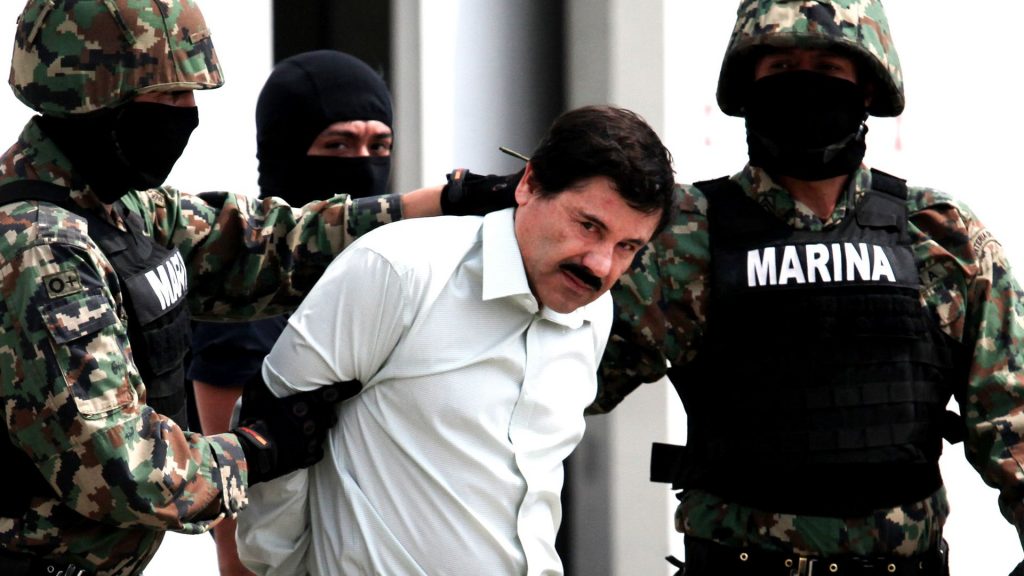Drug cartel hacker tracked FBI official’s phone to kill informants, US says

A hacker tapped into an FBI employee’s phone to help a Mexican drug cartel track down and kill informants, according to a new report by the Department of Justice inspector general. The report urged the FBI to assess how it protects “sensitive investigations and operations from technological compromise.”
The hacker was working for the Sinaloa cartel, one of the world’s largest drug traffickers, according to the report. In February, President Donald Trump designated Sinaloa as a terrorist organization.
FBI official tracked in Mexico City
The report did not identify the hacker, who was mentioned in a case involving Joaquín “El Chapo” Guzman, the drug cartel founder who is serving a life sentence in the United States.
However, the inspector general said the hacker tracked down informants after identifying an FBI assistant legal attaché outside the U.S. Embassy in Mexico City. Legal attaché agents work with law enforcement agencies in host countries, according to USA Today.
After obtaining the attaché’s phone number, the hacker monitored the official’s geolocation data as well as incoming and outgoing calls. The hacker later tapped into Mexico City’s surveillance camera system to identify people meeting with the attaché.
The cartel used the information, the inspector general said, to “intimidate and, in some instances, kill potential sources or cooperating witnesses.”
‘Ubiquitous technical surveillance’
The episode raises questions beyond the Simaloa case, the inspector general said.
“Advances in data mining and analysis, facial recognition and computer network exploitation have made it easier than ever for nation state adversaries, terrorist organizations and criminal networks to identify FBI personnel and operations,” the report said.
As a result, the FBI has been urged to conduct an agency-wide assessment to determine where it is most vulnerable. As noted in a 2024 report by The Economist, “ubiquitous technical surveillance” has given criminal groups access to capabilities and information once reserved for governments.
Drug cartels are well known for their technical sophistication. Derek Maltz, the former acting DEA administrator, told CNN that groups like Sinaloa use state-of-the-art surveillance techniques “to identify law enforcement activities and their adversaries.”
A 2023 investigation by VICE News found that cartels had gained access to intelligence software used by the Mexican government in order ”to locate and disappear rivals and hide their crimes.”





